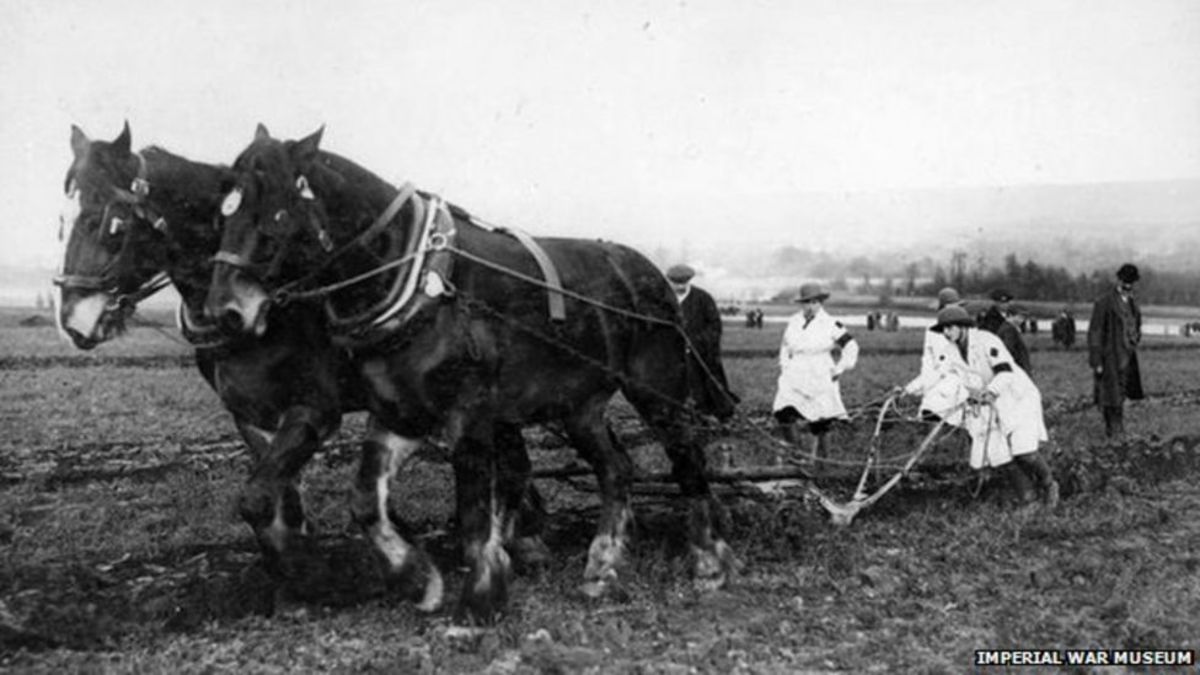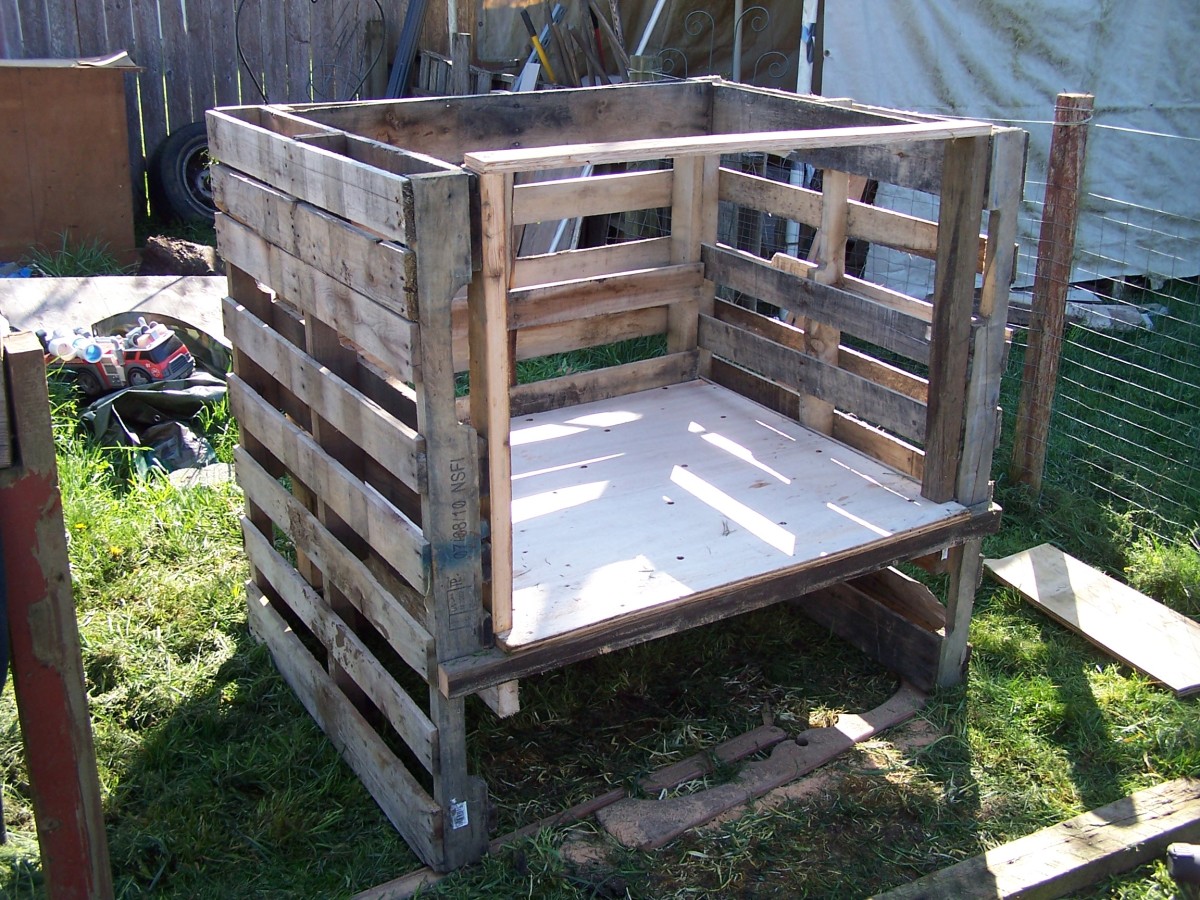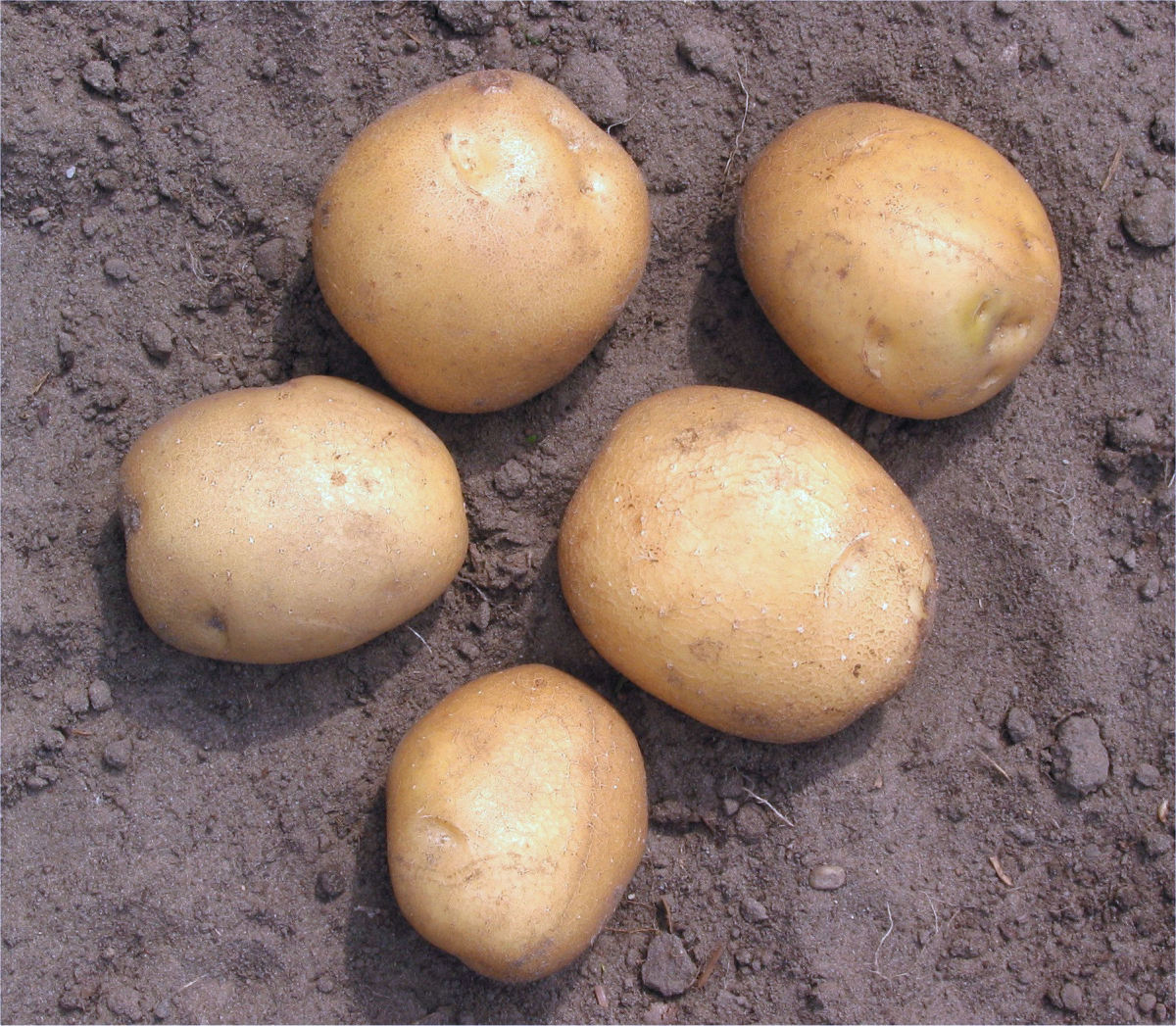Community Supported Agriculture (CSA)
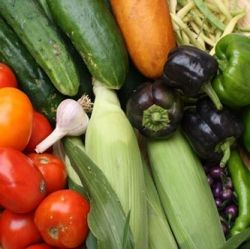
Improving the Lives of Consumers, Farmers, and the Environment One Share at a Time
Community Supported Agriculture (CSA) is a simple but highly effective system in which consumers and farmers are connected through a mutually beneficial arrangement.
In this collaboration, farmers are guaranteed to make a profit and be able to stay in business; consumers benefit by having access to seasonal, locally grown, reasonably priced produce that is often grown organically.
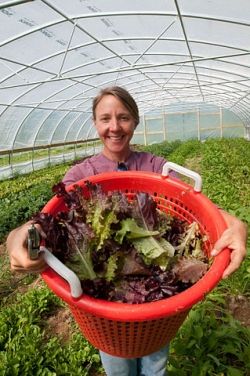
The Dilemma
How can we eat in a healthy and sustainable manner?
Organic? Local? Seasonal? Consumers are increasingly aware of the importance of our food choices in terms of both our own nutritional health and our impact on the environment.
Although there may be a desire to make healthy and responsible choices, many of us feel overwhelmed and confused about how we might achieve this goal.
Organic produce at the supermarket tends to be relatively expensive. Whether organic or not, produce is often transported great distances before arriving at the supermarket, resulting in lower quality produce and increased pollution associated with transportation. Consumers may not be able to easily decipher which crops are currently in season, especially when we are used to seeing just about everything year-round.
Local farmers may have difficulty competing with large farms to sell and distribute their crops.
When local farmers go out of business, the land is most often sold to developers who then build private residences, office buildings, and strip malls, further damaging the natural environment.
The Solution
Community Supported Agriculture (CSA) is a creative but simple system that connects farmers and consumers through a mutually beneficial arrangement in which they share both the risk and the bounty of the harvest. Farmers grow a variety of crops, providing fresh produce to local consumers. In exchange, consumers (sometimes called shareholders, members, or subscribers) pay farmers in advance for a season's worth of produce.
With sufficient capital provided by consumers to cover the costs of operating their farms, farmers are guaranteed to make a profit over the course of the year. Delivering the produce directly to consumers and avoiding wholesalers or distributors allows farmers to maximize their profits. With inherent uncertainties in the farming industry, such as variable weather conditions and fluctuating market prices, having the stability provided by CSA members helps local farmers stay in business and continue the labor of love involved in growing quality crops.
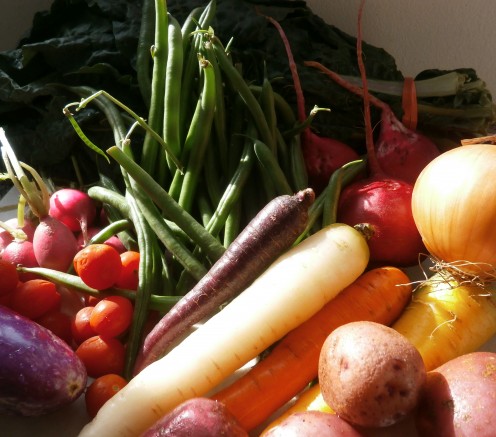
While consumers pay a relatively large cost in the winter or early spring, they receive an excellent return on their investment in the form of fresh, local, seasonal produce for approximately 22-25 weeks of the year, starting in late spring.
These crops are often - though not always - grown organically. The food cost is not especially cheap for the consumer but does tend to be competitive with or somewhat less expensive than produce purchased at the supermarket.
The true value for consumers is in the quality of the food and the personal bond felt with local farms and farmers. Because the food has not traveled great distances or for long periods of time, it is flavorful, full of nutrients, and stays fresh longer in the consumers' homes.
Consumers who have a relationship with a CSA farm feel good about supporting local farmers and are more aware of their connection to their food and the land.
Local Harvest
To find a CSA farm in your area, please visit Local Harvest or do an internet search for "community supported agriculture."
- Community Supported Agriculture - LocalHarvest
Thinking about signing up for a CSA but want to learn more about the idea before you commit? Read on.
Organic Gardening Resources
For those who like to grow food in their own gardens, there are many resources available about organic gardening!

How a Farm Share Works
Becoming a CSA Member
Consumers purchase "shares" with a CSA farm prior to the growing season. A share can be very loosely defined as enough produce for a family of four or for two people who consume a substantial amount of vegetables. Most farms offer a half-share option; some even have quarter-shares.
Farmers plan which crops will be grown during the upcoming season based on their experience with what grows well and their knowledge of what their consumers typically enjoy. Farmers calculate a fair price for each farm share based on the number of shares available and the cost of operating the farm for the year.
Once the harvest season begins, consumers receive their share of the bounty. Full shares are usually picked up by the consumer once a week. A half-share can be either a full-size share picked up once every other week or a half-size share picked up every week, depending on the farm's policy.
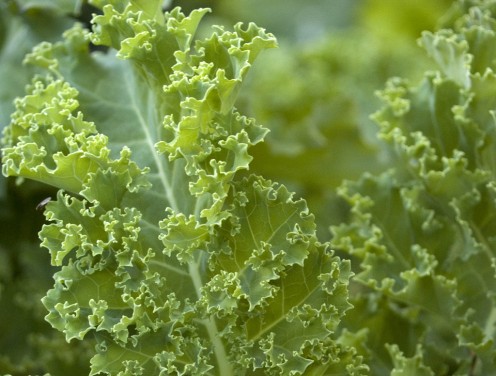
Consumers may pick up their weekly shares at the farm or another location where the farmer delivers the shares.
Some farms have numerous pick-up locations; others have only a few. Less common are farmers who will deliver the produce directly to the consumers' homes. Consumers decide which pick-up location they will use when they sign up for their shares in late winter or early spring.
There are many variations on this basic model. Some farmers encourage consumers to visit the farm, pick crops, or play an active role in other ways. Consumers may or may not be required to work a few hours during the year on the farm or at the pick-up location as part of their arrangement with the CSA farm.
In addition to vegetables, some farms offer fruit, meat, egg, dairy, flower, or other shares. Most shares last from late spring through the middle of autumn, but there are some farms that provide produce throughout the year.
Not Sure What to Do with All Those Vegetables? (And what are those veggies, anyway?)
Sometimes you'll find veggies in your weekly box that are unfamiliar to you. Or produce that you may not know how to prepare.
Don't worry! The internet is here to help!
Pinterest Boards for CSA Recipes
- CSA Recipes
Here's a solid Pinterest board filled with CSA-inspired recipes. - Lancaster Farm Fresh Cooperative CSA
This Pinterest board is from the CSA that I've joined. It's broken down into different categories, including the What Is This Veggie?, Kid Friendly Recipes, and a variety of others.
CSAs and You
Community Supported Agriculture is a mutually beneficial arrangement that connects farmers and consumers in a local region. The CSA system is a simple, effective way for farmers and consumers to actively promote responsible stewardship of the land while providing local, seasonal, and often organic produce to consumers. Working together, farmers and consumers can improve both the state of the environment and their own nutritional health.

